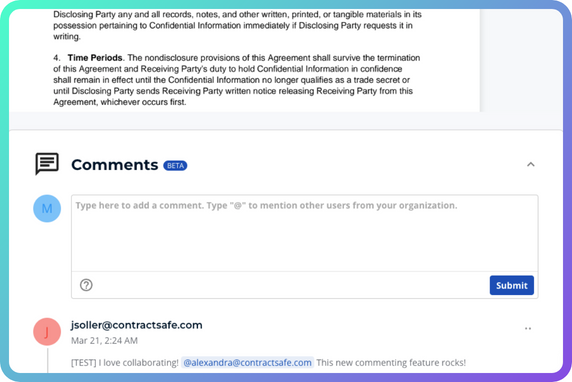What is Governing Law
The Governing Law provision is a fundamental element of contracts that establishes which jurisdiction's law will apply to interpret and enforce the agreement. Think of it as picking the rulebook that everyone will use if there's ever a disagreement about the contract.
For example, if you're a business in Texas entering into an agreement with a company in California, you might include: "This Agreement shall be governed by and construed in accordance with the laws of the State of Texas." This means if there's ever a dispute, Texas law would apply to any contractual interpretation or dispute resolution, even though the other company is based in California.
This clause is significant because laws can vary substantially between jurisdictions. Different states and countries may have different:
- Time limits for filing lawsuits
- Ways of interpreting contract terms
- Rules about what damages you can claim
- Requirements for contract enforcement
Let's say you run an e-commerce business that sells products nationally. If your terms of service specify Florida law as the governing law, then any disputes with customers (regardless of where they live) would be interpreted using Florida's rules. This gives everyone clarity and prevents arguments about which laws apply.
When drafting contracts, the key is selecting a jurisdiction that has a logical connection to the agreement - typically where your business is based or where the majority of the contract performance will occur. It's one of those clauses that might seem like legal jargon, but it can save you major headaches down the road by preventing arguments about which rules apply to your agreement.
Get Started with ContractSafe Today





